8 Oral Cancer Signs to Watch For
-
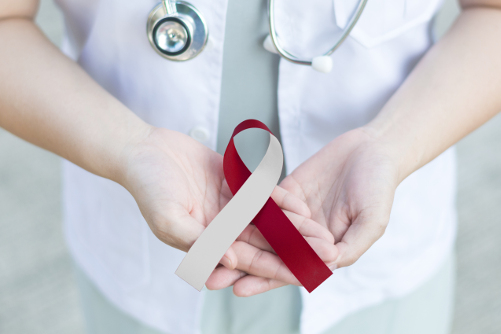
Oral cancer is a serious, life-threatening condition affecting the mouth, lips, tongue, gums, salivary glands and throat. According to The Oral Cancer Foundation, approximately 50,000 Americans will be diagnosed with oral cancer this year, roughly one in five of whom will die from the disease.
With a five-year survival rate of 57 percent, oral cancer has a higher death rate than a number of other cancers you might hear about more often. Part of the reason for this is the fact that oral cancer is often diagnosed at a later stage, limiting treatment options and effectiveness. For this reason it’s imperative that you undergo routine oral cancer screenings with your dentist. In addition, it can be extremely helpful to understand the various signs and symptoms associated with oral cancer that may better alert you to the early stages of development.
Here are eight signs of oral cancer to be weary of:
-
1. Chronic Mouth Pain

One of the most common symptoms of oral cancer is persistent mouth pain. This can be a little tricky because mouth pain can be associated with a wide range of dental concerns, such as an infection, impacted tooth or cracked tooth.
If you are experiencing chronic mouth pain it’s essential that you visit your dentist as soon as possible for an evaluation. Even if the issue isn’t oral cancer, it’s important that you get any oral health problem treated as soon as possible to prevent additional damage.
-
2. Mouth Sores
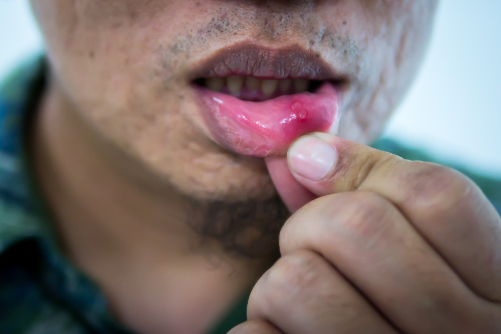
Mouth sores are a common occurrence and no real cause for alarm. (Think canker sores.) One thing that distinguishes canker sores from oral cancer sores is pain. Canker sores can be extremely painful, while mouth sores associated with oral cancer may not be painful at all.
Canker sores should subside over a period of several days. If you are experiencing persistent canker sores, or are otherwise concerned about any sores in your mouth, schedule a visit with your dentist for an evaluation.
-
3. Inhibited Jaw Functionality

Oral cancer can impair jaw functionality, making it difficult to speak, chew or swallow. As the cancer develops, the jaw may also begin to swell, resulting in additional pain and dental problems such as issues with dentures or other restorations.
If you have persistent jaw pain over a period of a couple weeks, schedule an appointment with a dentist or doctor for an evaluation. There are a number of things that can cause jaw pain (infection, TMJD, etc.) in addition to cancer.
-
4. Sore Throat
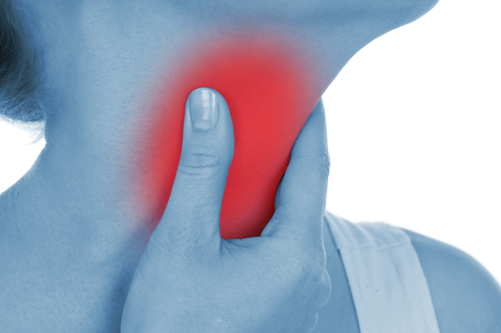
A sore throat is not an uncommon malady, especially during cold and flu season. But if you’re experiencing a chronic sore throat, having pain when swallowing or have the sensation of something being stuck in the back of your throat, it may be indicative of oral cancer.
Schedule an appointment with your doctor immediately to undergo an evaluation.
-
5. Ear Pain
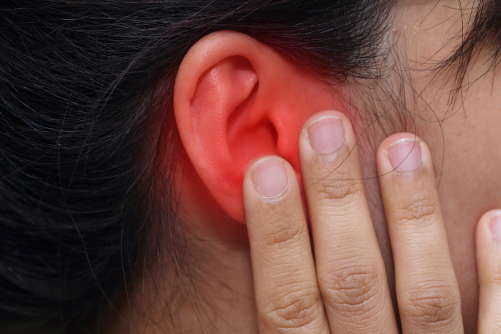
Chronic ear pain could be another indicator of mouth or throat cancer. If you are experiencing persistent ear pain affecting only one ear, you should visit your doctor or an ear, nose and throat (ENT) specialist for a diagnosis. It could be something as simple as an ear infection, but if antibiotics or drops are unable to remedy the pain, then oral cancer could be the issue.
In addition to pain, ringing in the ears may also be present as a symptom of oral cancer.
-
6. Oral Bleeding
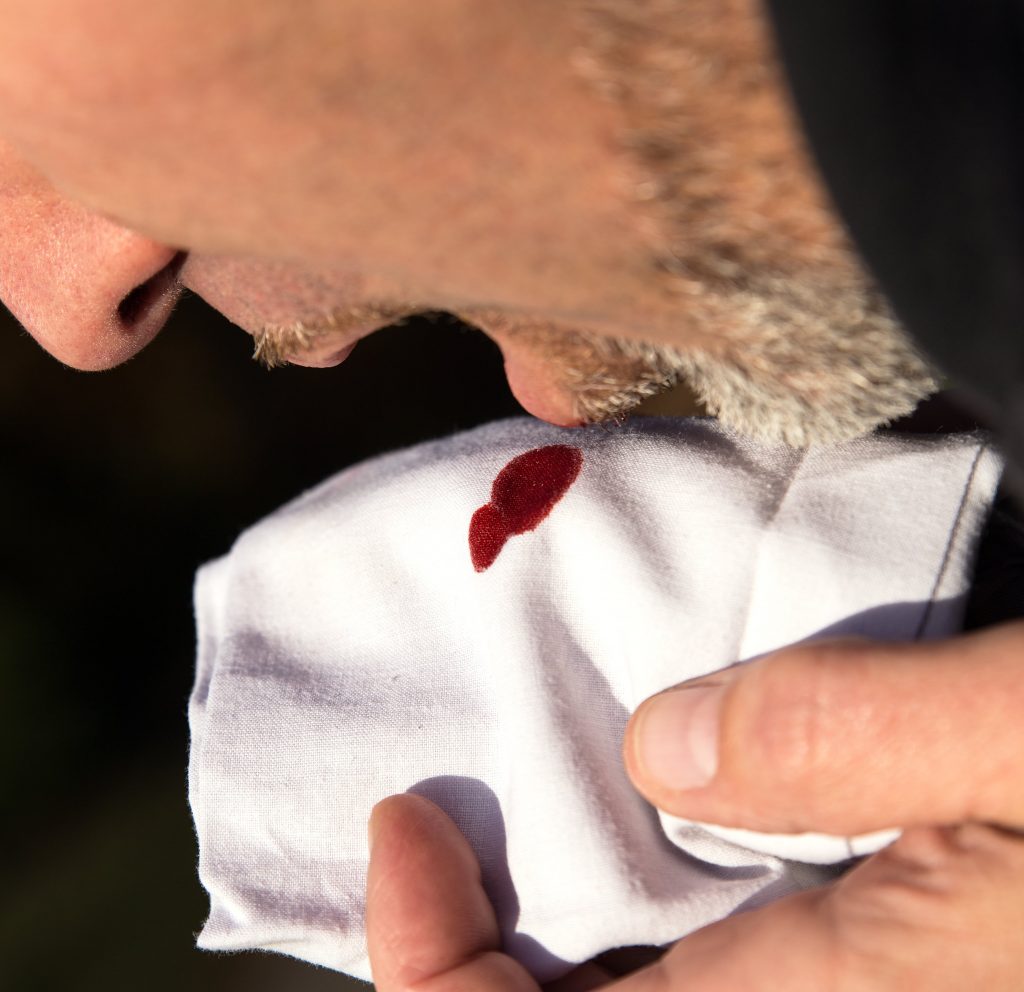
Mouth sores are the most common symptom associated with oral cancer. These sores can often become irritated and bleed. If you’re experiencing unusual bleeding of the mouth or have sores that are not healing over a couple weeks, consult your dentist or doctor for an oral cancer screening.
Keep in mind that oral bleeding is not necessarily a sign of oral cancer. Gingival conditions associated with poor oral hygiene can also result in bleeding. For example, you may experience oral bleeding when brushing or flossing your teeth if you have an underlying gingival concern.
-
7. Oral Numbness

Numbness of the tongue or other parts of the mouth could be a sign of oral cancer. That’s not to say that your mouth will feel as numb as what you experience with a local anesthetic. You may only experience partial numbness or loss of feeling in the mouth. Any persistent numbness or tingling (over a period of a week or two) should be evaluated by your dentist, doctor or ENT.
-
8. Neck Bump

Oral cancers can spread to the lymph nodes in the neck which can result in swelling and a lump. If you detect one or more lumps in your neck that persist over a couple weeks, you should schedule a visit with your doctor for an evaluation.
Head and neck cancers that are detected early typically respond well to treatment. Don’t ignore the signs and symptoms out of fear. Early detection is everything.









